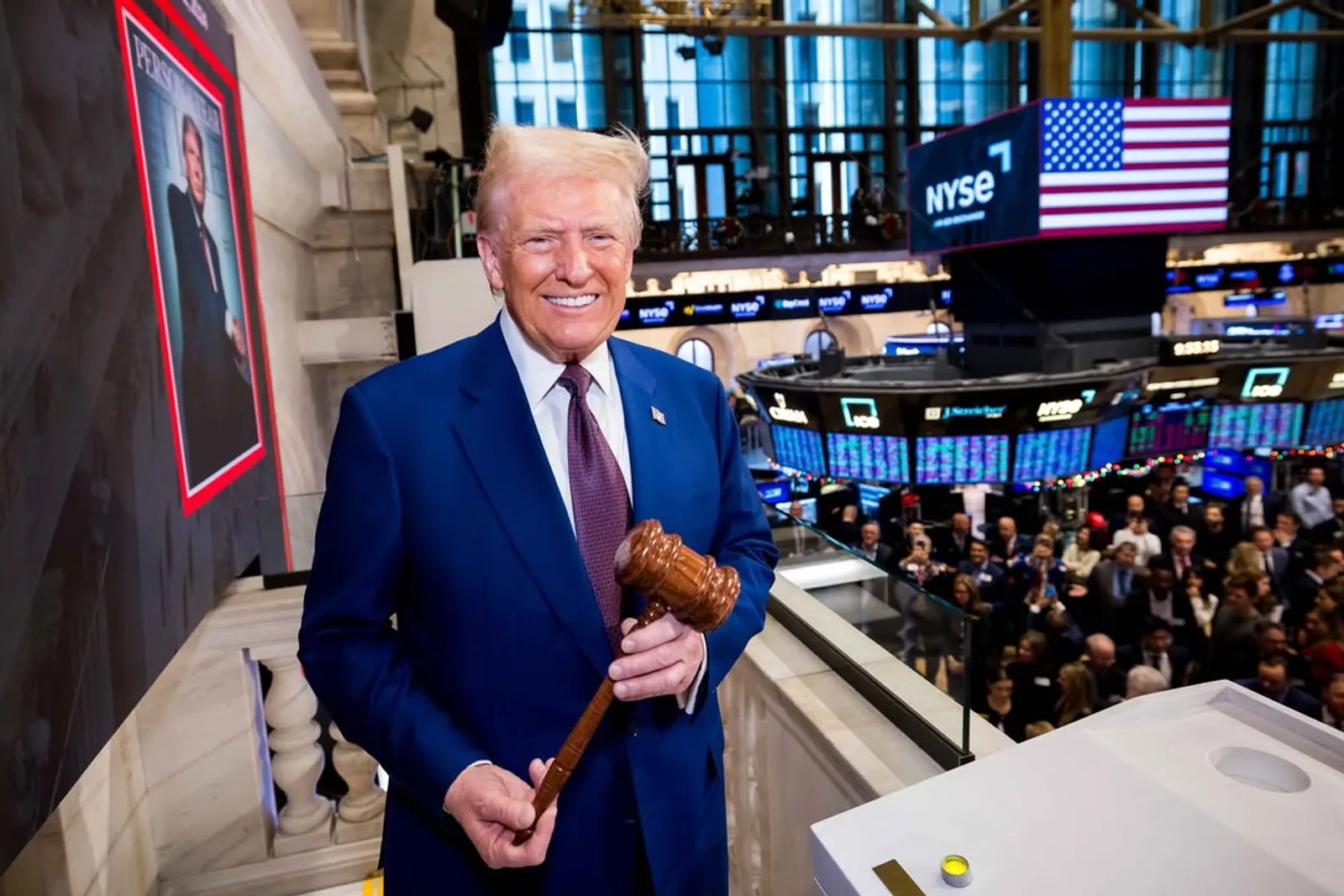

Как Уолл-стрит разочаровалась в Трампе
9 апреля 2025
Рынки и Аналитика
9 апреля 2025
Критика тарифов Трампа
В последние несколько дней сразу несколько заметных финансистов высказались против импортных пошлин Трампа, пишет Wall Street Journal (WSJ). Среди них:
1. Инвестор-ветеран Стэн Дракенмиллер, который был боссом министра финансов Скотта Бессента в хедж-фонде Джорджа Сороса. В воскресенье он опубликовал редкое сообщение в X, в котором четко заявил о своем несогласии с администрацией Трампа. «Я не поддерживаю импортные тарифы, превышающие 10%», — написал он.
2. Билл Акман из Pershing Square, который раньше активно поддерживал Трампа, призвал сделать 90-дневную паузу в тарифах, чтобы провести переговоры с другими странами. Акман предупредил, что альтернативой может стать «экономическая ядерная зима, вызванная нами самими». «Мы находимся в процессе разрушения доверия к нашей стране как к торговому партнеру, как к месту для ведения бизнеса и как к рынку для инвестирования капитала», — написал Акман в X.
3. «Значительные ограничения торговли — шаг к изоляции США», — заявил Говард Маркс из Oaktree Capital в интервью Bloomberg Television.
4. Один из самых заметных представителей банковской отрасли, глава JPMorgan Chase Джейми Даймон написал в вышедшем в понедельник ежегодном письме акционерам, что его беспокоит, как тарифы Трампа повлияют на долгосрочные экономические партнерства Америки. Пошлины, по его словам, ослабят страну в долгосрочной перспективе. «”Америка прежде всего” — это хорошо, если только это не закончится тем, что Америка останется одна», — написал Даймон.
5. Кен Гриффин, основатель Citadel Securities, который был очень крупным донором Республиканской партии, также назвал пошлины громадной ошибкой.
Также среди тех, кто высказался против пошлин, — редко выступающий публично Дэн Сундхайм из D1 Capital и Дэн Лоеб из Third Point. Но пока результата не приносят ни публичные высказывания, ни переговоры за закрытыми дверями. По словам источников, руководители банков, включая Даймона, Дэвида Соломона из Goldman Sachs, Брайана Мойнихана из Bank of America и Чарли Шарфа из Wells Fargo встречались на прошлой неделе с министром торговли Говардом Лютником, который призвал их не ставить под сомнение общее направление администрации Трампа по тарифам. «”Послушайте, ничего не изменится” — с этого начался разговор», — сказал один из руководителей банка.
Недовольство растет не только на Уолл-стрит, но и в Вашингтоне, пишет WSJ. Все больше республиканцев подписываются под законом, который позволит Конгрессу отменить тарифы простым большинством голосов. А сенатор-республиканец Тед Круз сказал, что надеется, что Трамп прислушается к «ангелам», которые призывают к осторожности в отношении тарифов, назвав Илона Маска «одним из ангелов».
Маск пытался лично убедить Дональда Трампа отказаться от новых пошлин на китайские товары, но безуспешно, пишет The Washington Post. В выходные бизнесмен опубликовал в X несколько постов, высмеивающих главного советника Белого дома по торговле Питера Наварро.
Комментарий старшего партнера Movchan’s Group и советника стратегии LAIF Михаила Портного

Есть все основания полагать, что тарифная война, объявленная Трампом всему миру, это предвестник гораздо более серьезных потрясений, ожидающих нас впереди. Мы наблюдаем начало распада основных монетарных, политических и геополитических порядков. И каков будет новый порядок, сейчас предположить практически невозможно. Одно можно предсказать с высокой долей вероятности: рынки вошли в зону турбулентности и пробудут в этом состоянии довольно долго. Ожидать продолжения стабильного и спокойного роста фондовых рынков скорей всего не стоит как минимум на горизонте одного года. С точки зрения инвестиционного портфеля будет разумно увеличить долю консервативных инструментов и рыночно нейтральных стратегий абсолютного дохода. В том числе и тех, которые способны зарабатывать и на падении, и на высокой волатильности в целом.
Михаил Портной. Управляющий стратегией LAIF
Поделиться



